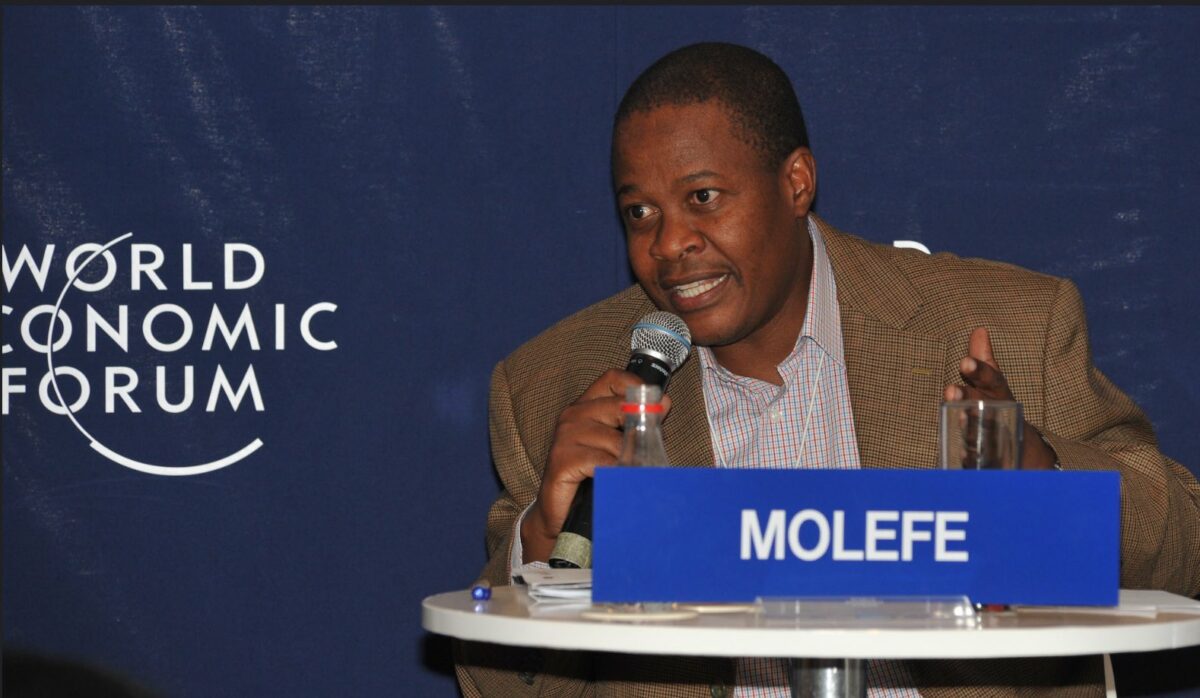In February 2011, the well-versed and suave Brain Molefe was appointed as the chief executive officer (CEO) of Transnet. This appointment seemed fitting as Molefe bolstered with a jaw-dropping resume, numerous accolades, and qualifications from some of the most renowned universities. Many believed that his experience in commerce, leadership, and management would assist him with managing the state-owned enterprise effectively. This was, however, not the case.
In 2012, Transnet issued two tenders as part of its locomotive deployed plan aimed at increasing its capacity. These tenders would change the trajectory of Molefe’s life and position him as one of the key actors in the Zupta State Capture project. On 17 January 2014, Molefe recommended the board of directors approve the tender evaluation plan along with the allocation of the preferred bidders. Based on the recommendation, they approved the evaluation process and requested that the negotiations with the bidders start. These commenced in February and concluded in March 2014. In May of the same year, Molefe misled the board into increasing the transaction cost from R38.6 million to R54.5 million for 1064 locomotives, citing foreign exchange rate hedging and escalation costs as justification. He proceeded with the transaction without seeking ministerial approval as required. Moreover, dismissing analysts who flagged his explanation as erroneous.
In April 2015, Minister Lynne Brown announced that Brain Molefe would be moved from Transnet to CEO of Eskom. This appointment was significant as it renewed the Gupta’s mining ambitions, particularly at a time when they sought to increase their coal supply to the power utility. Shortly after Molefe’s appointment, the utility’s board requested he assess the proposed coal price agreement with Glencore’s financially strained Optimum Coal Mine. This meant that Molefe had to gather information on the negotiation and report back to the board. Instead, he unilaterally discarded the cooperation agreement and ended talks with Optimum despite alternative recommendations.
Many accused Molefe of participating in a campaign aimed at forcing Optimum out of the market and facilitating its sale to Tegeta Exploration and Resources- which was Gupta owned. According to amaBhungane, Molefe and Eskom’s chairperson Ben Ngubane persuaded the former minister of mines, Ngoake Ramathlodi, to cancel Glencore’s mining licence- directly suspending that of Optimum. This eventually contributed towards the company going into business rescue and halted its coal supply to Eskom’s Hendrina Power Station. This aggravated the power station’s coal crisis and intensified the need to find a suitable replacement. The Gupta family sought to fill this gap by acquiring Optimum. While this may seem coincidental, it is worth noting that Molefe and Ajay Gupta exchanged 58 phone-calls after Molefe started his position at Eskom. Additionally, he maintained contact with the Gupta family and their employees during the acquisition negotiations. Under its new owners, Optimum failed to deliver coal supplies to the Hendrina power plant, resulting in Eskom giving the company a discount of R722-million on its penalties.
The release of the State of Capture report in October 2016 changed the trajectory of South African politics and altered the political landscape in an unimaginable manner. It highlighted findings into an investigation of alleged improper and unethical conduct by former President Jacob Zuma and other civil servants. It unveiled the deep-rooted nature of corruption and capture in the country- implicating key figures like Molefe who tearfully announced his resignation from Eskom in November 2016. The resignation was shortly changed to a retirement. Thus, resulting in a pension pay-out of R30.1 million at the age of 50. It was claimed that Eskom “purchased” 13 years of service for Molefe despite him working for the utility for 15 months. This sparked questions into the legality of his retirement as contract staffers were not eligible to participate in the pension fund and the early retirement age set at 55.
The release of the first #GuptaLeaks on 1 June 2017 open the flood gates and revealed the magnitude of the phenomenon in the country. It came as no surprise that the Organization Undoing Tax Abuse (OUTA) laid charges of fraud and financial misconduct against Molefe and Eskom’s former board chairperson Ben Ngubane in August 2017 for attempting to manipulate the pension fund rules. The Pretoria High Court subsequently found that Molefe unlawfully sought to enrich himself by accepting the pension fund. He was ordered to return the money. On Wednesday 7 September 2022, Eskom announced that it managed to retrieve the R30 million illegally paid to former Eskom and Transnet CEO Brian Molefe after his resignation in November 2016. This announcement follows the arrest of several Transnet executives in connection to R398.4 million in corruption, and signals a move in the right direction.
As Molefe and his compatriots weather the turbulent legal storm, many South Africans wonder how they will be able commute today or make a warm meal given the extensive damage done to Transnet and Eskom. They hope that those in power would capacitate the National Prosecuting Authority to effectively carry out its functions and retrieve some of the looted gains.

